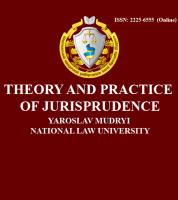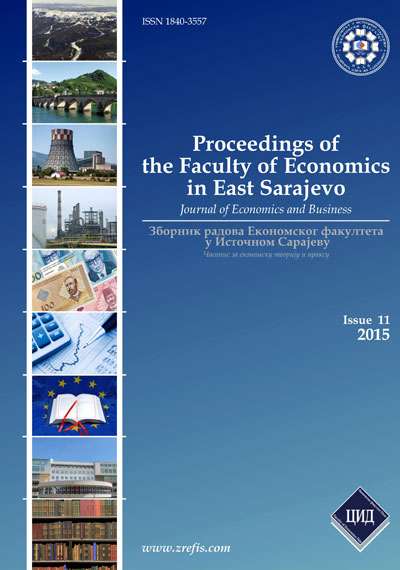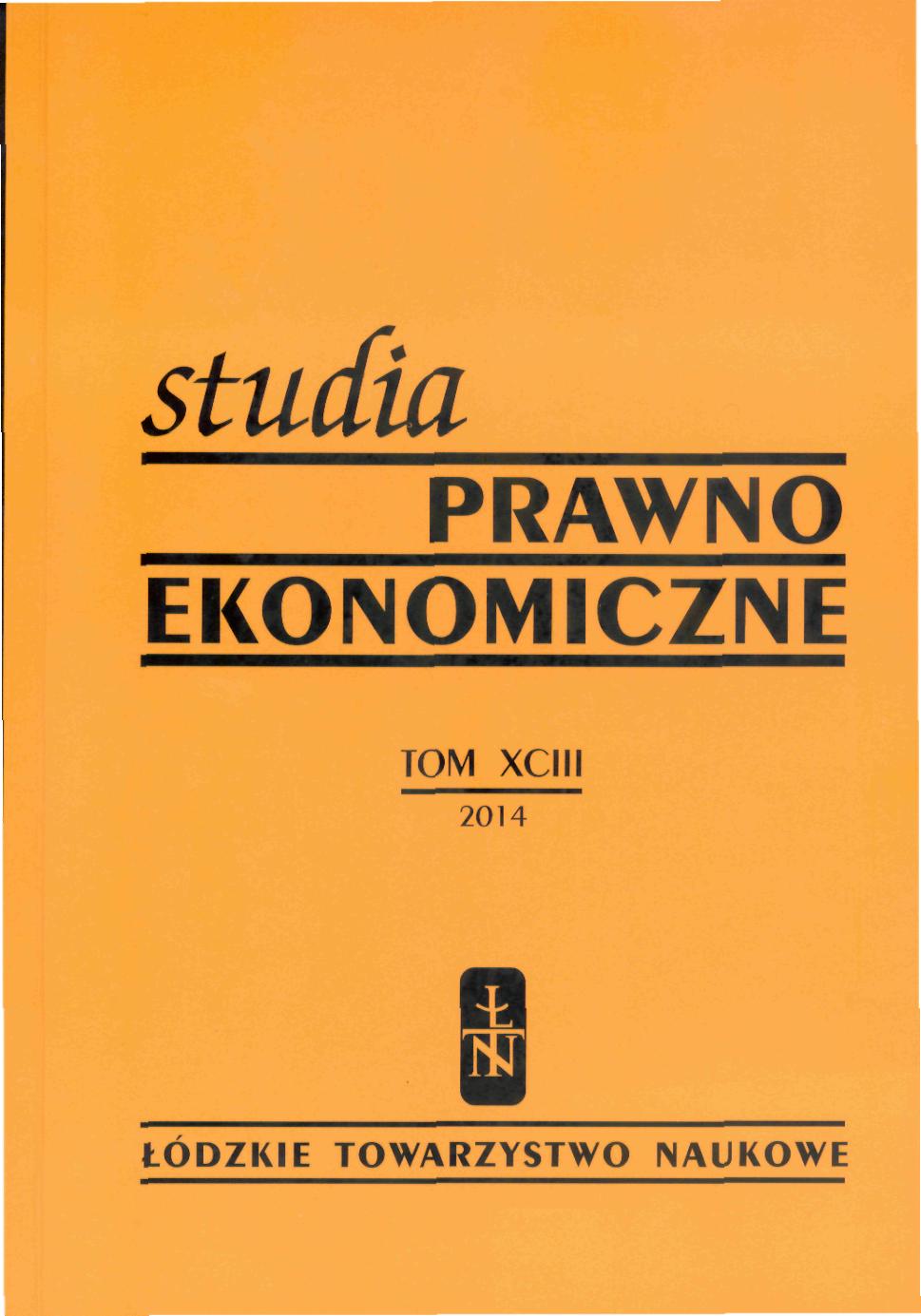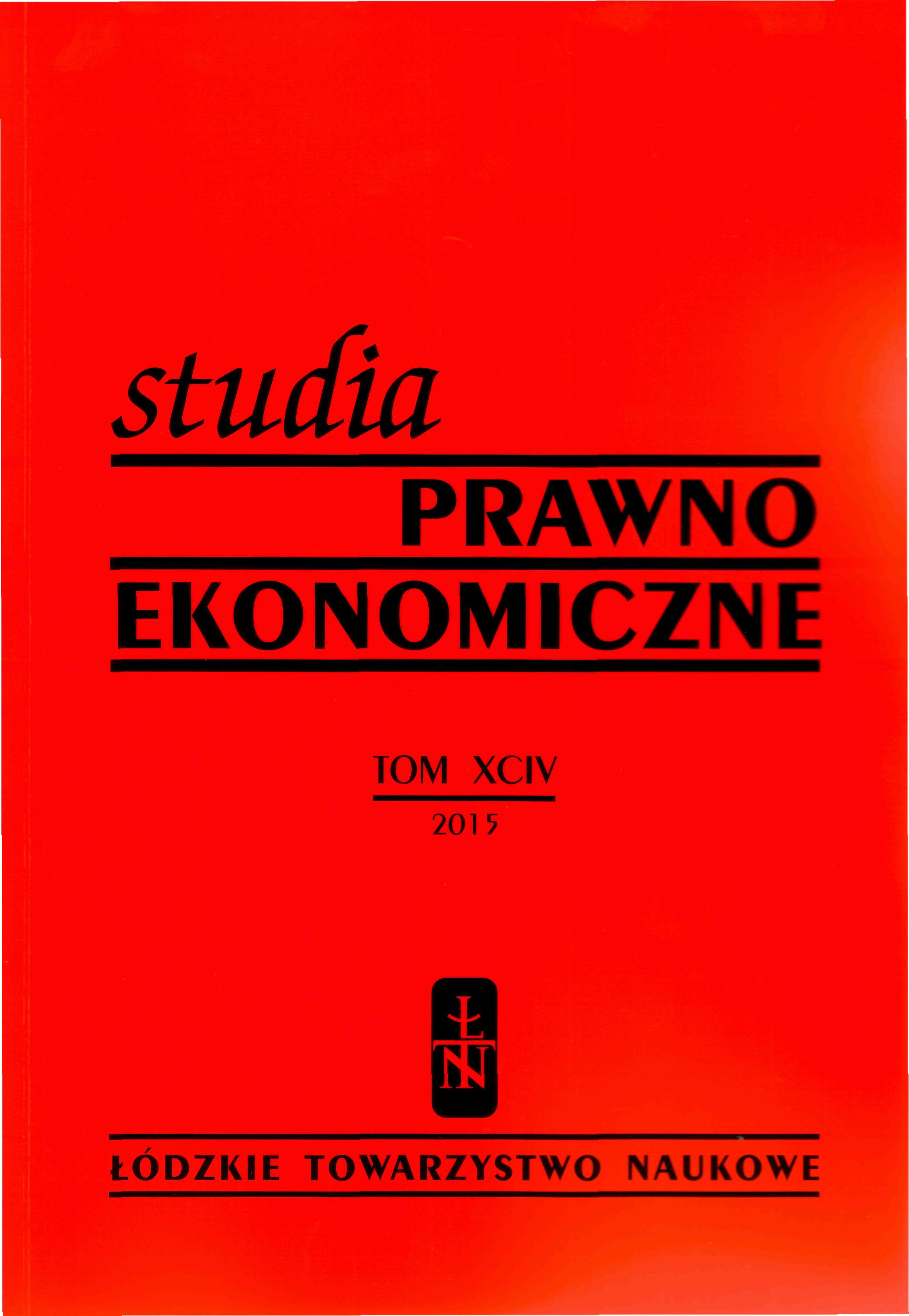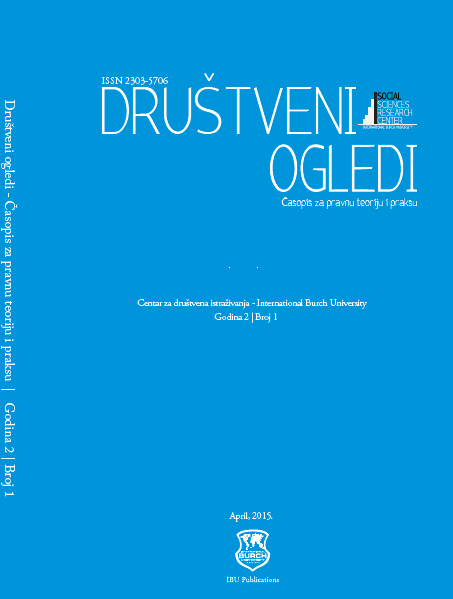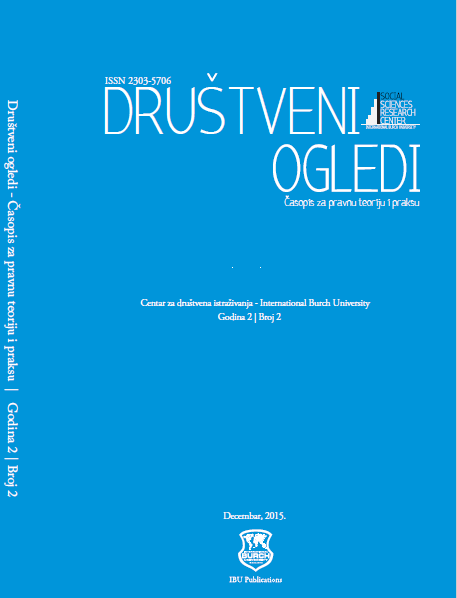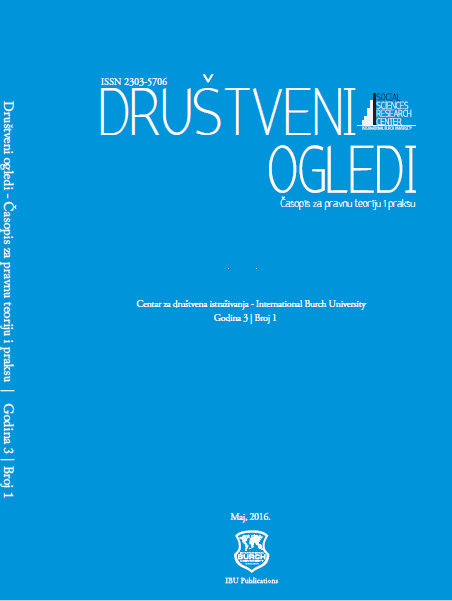Author(s): Yulia Ostapenko / Language(s): Ukrainian
Issue: 130/2015
Problem setting. Dynamics of structural changes in the real economy is a basic factor in the dynamics of structural change in the subject of economic law and primarily - law. Hence, the structural development of the Ukrainian economy, including its manufacturing sector requires a thorough analysis in the context of the structural balance of proportions and involvement of the legislative regulation of mechanisms for sustainable development, the opposition of destabilizing external negative influences, increased competitive industrial complex in the world market. Recent research and publications analysis. An important achievement in the analysis of the nature of economic relations, the need for legal support for the implementation of these relations and the role system, globalization and integration processes on sources of economic law did Russian scientists, namely V. Bezbakh, M. Kuznetsov, M. Masevich, V. Ulyanischev more. Regarding the analysis of research on the territory of Ukraine is involved in this issues outstanding scientists, business executives such as: V. Mamutov, O. Vinnyk, D. Zadyhaylo, G. Znamenskii. Also involved in the analysis of science P. Skrypnyck, V. Volodya and more. But these scientists have not paid sufficient attention is systemic view on forming nature of economic relations and developing strategies to ensure the formation of modern legal relations of the economic system according to the specific nature of the system is economic relations. Paper objective. The article is an analysis on the contents system elements of economic relations and legislative activity in each segment in the field of economic law and different approaches to regulation at both the national economy and in the globalization context. Paper main body. The scope of management, which are purely market mechanisms combined with the requirement of social direction of the economy requires structural analysis and installation of the latest legal regulation of economic relations that can ensure a harmonized development of the national economy and regulate private and public interests. Thus, the structuring of the national economy based on major theoretical and methodological principles of economics, namely the sectoral structure theory, initiated K. Clark [14], which interpreted the division into three sectors - primary (agriculture), secondary (industry), tertiary (Service Industries); and later in the dynamic evolutionary changes in the economy has five or more sectors. Indeed, the structure of the national economy, which reflects the macroeconomic proportions in economic development, and evolve dynamically modified. Second, Ukraine has made replacing one system to another, and from some in some structural subdivisions and destroyed at the national level closed-loop manufacturing system - development or mining, processing or manufacturing, to final product; and, consequently, traffic from one technological way to another, and with it the movement of national economic system to a postindustrial society. Consequently, there are a number of problems related to the structuring of the economy and legislative support to its legal function. Thus, the dynamic structural changes in the real economy is a basic factor in the dynamics of structural change in the subject of economic law and primarily – law. Hence, the current structural development of the Ukrainian economy, including its manufacturing sector requires a thorough analysis in the context of the structural balance of proportions and involvement of the legislative regulation of mechanisms for sustainable development, the opposition of destabilizing external negative influences, increased competitive industrial complex in the world market. Conclusions. Problems structuring of the economy, the formation of a market economy and the movement towards a post-industrial society in Ukraine should develop a strategy for the development, special prudent economic concept in law given theoretical and practical achievements that have passed the test of time, history and experience. Ignoring basic principles and laws of structuring national economy leads to deep structural deformities that hinder economic development and causing considerable social losses. In summary, it should be emphasized that the dynamics of structural changes in the real economy is a factor in structural changes in the subject of business law and legislation.
More...



